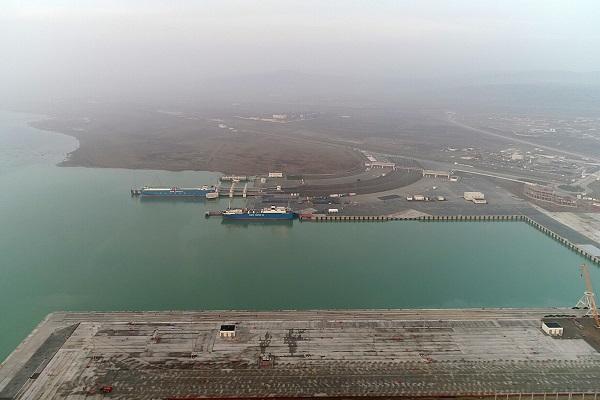Amirabad, Iran (PortSEurope) December 15, 2021 – In a desperate need of trade links severely curtailed under Western sanctions, Iran has agreed with Azerbaijan and Georgia to launch a transit route connecting the Persian Gulf with the Black Sea. According to Javad Khedayati, CEO of Iran’s International Transit and Transport Authority (RMTP), the project has…
Subscribe or log in to continue reading
PortSEurope offers an English-language daily coverage from over 200 ports in the Mediterranean, Black and Caspian Seas as well as a fully indexed and easily searchable database with more than 15,000 articles.

